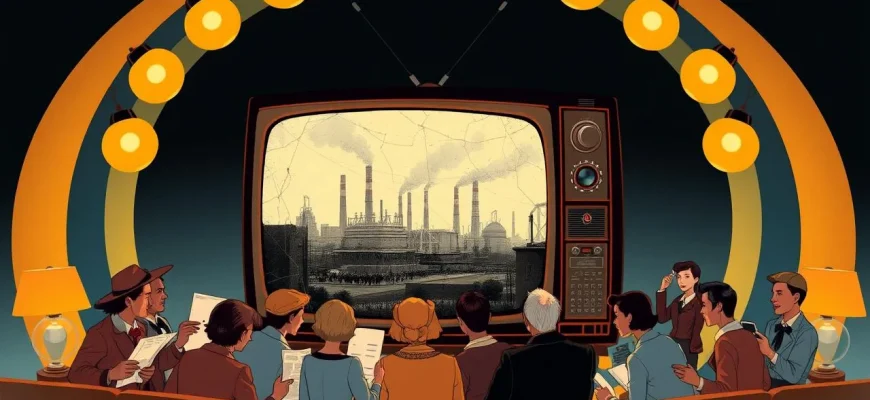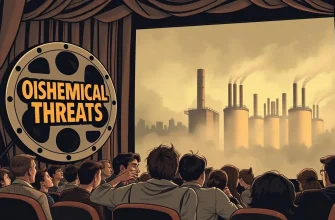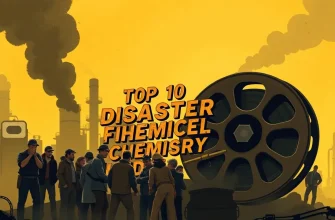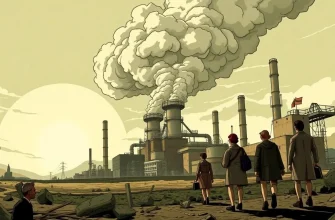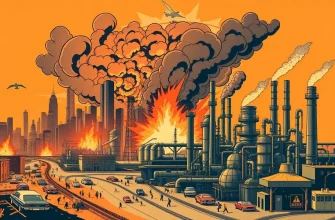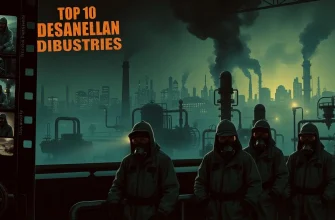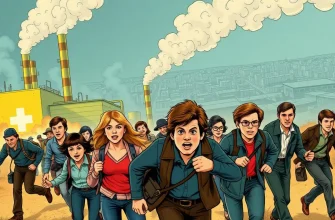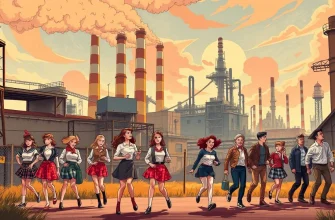Industrial disasters have always captivated audiences with their blend of suspense, drama, and the stark reminder of human vulnerability against the backdrop of technological advancement. This curated list of films delves into various industrial catastrophes, offering not only thrilling narratives but also a reflection on safety, ethics, and the human spirit. Whether it's a nuclear meltdown, a chemical spill, or a mining catastrophe, these films provide a window into the chaos and heroism that often accompanies such events. Here are ten films that encapsulate the essence of industrial disasters, each with its unique take on the subject.
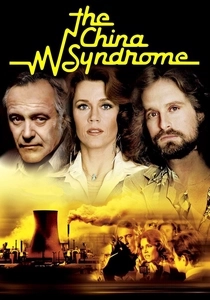
The China Syndrome (1979)
Description: This film eerily predicted the Three Mile Island nuclear accident just weeks after its release, focusing on a TV news reporter and her cameraman who witness a near-meltdown at a nuclear power plant.
Fact: The film's title refers to a scenario where a nuclear reactor core melts through its containment structure and into the underlying earth, theoretically reaching China.
 Watch Now
Watch Now

Armageddon (1998)
Description: This film involves a team of oil drillers sent to space to destroy an asteroid, showcasing industrial prowess and the potential for catastrophic failure.
Fact: The film was a box office hit, grossing over $553 million worldwide.
 Watch Now
Watch Now
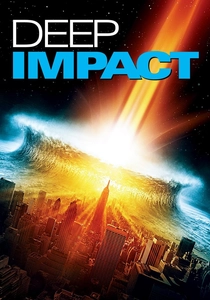
Deep Impact (1998)
Description: While not strictly an industrial disaster, it features a massive comet strike that could be seen as a natural disaster exacerbated by human error in response strategies.
Fact: The film was released the same year as another comet/asteroid disaster film, "Armageddon," leading to comparisons between the two.
 Watch Now
Watch Now
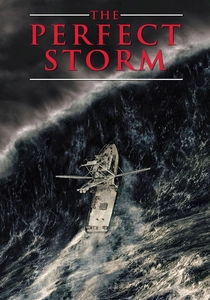
The Perfect Storm (2000)
Description: This film recounts the story of the Andrea Gail, a fishing vessel caught in a massive storm, illustrating how industrial activities can lead to disastrous outcomes.
Fact: The film was adapted from Sebastian Junger's non-fiction book of the same name.
 Watch Now
Watch Now

The Core (2003)
Description: While not an industrial disaster per se, it involves a team of scientists drilling to the Earth's core to restart its rotation, showcasing the potential for industrial-scale operations to go awry.
Fact: The film was criticized for its scientific inaccuracies but praised for its imaginative premise.
 Watch Now
Watch Now
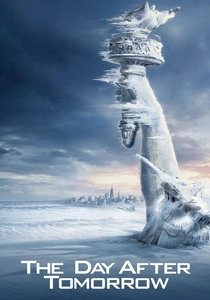
The Day After Tomorrow (2004)
Description: Although primarily about climate change, it includes scenes of industrial failures due to extreme weather conditions, like the flooding of New York City.
Fact: The film was criticized for its scientific inaccuracies but praised for its visual effects.
 Watch Now
Watch Now
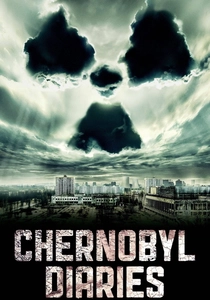
Chernobyl Diaries (2012)
Description: A group of tourists explore the abandoned city of Pripyat, near the Chernobyl nuclear disaster site, only to encounter unforeseen dangers.
Fact: The film was not well-received by critics but has gained a cult following for its eerie setting.
 Watch Now
Watch Now

The Finest Hours (2016)
Description: While not an industrial disaster in the traditional sense, it portrays the Coast Guard's response to a tanker split in two during a storm, highlighting human error and bravery.
Fact: The film is based on the true story of the 1952 SS Pendleton rescue.
 Watch Now
Watch Now

Silkwood (1983)
Description: Based on the true story of Karen Silkwood, a worker at a plutonium processing plant who becomes an activist after discovering safety violations, leading to her mysterious death.
Fact: Meryl Streep's performance earned her an Academy Award nomination for Best Actress.
 30 Days Free
30 Days Free

The Abyss (1989)
Description: Set in an underwater oil rig, this film explores the dangers of deep-sea drilling and the potential for catastrophic failure in extreme environments.
Fact: James Cameron directed this film, which was one of the first to use digital water effects.
 30 Days Free
30 Days Free

